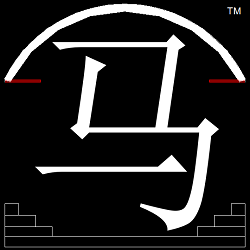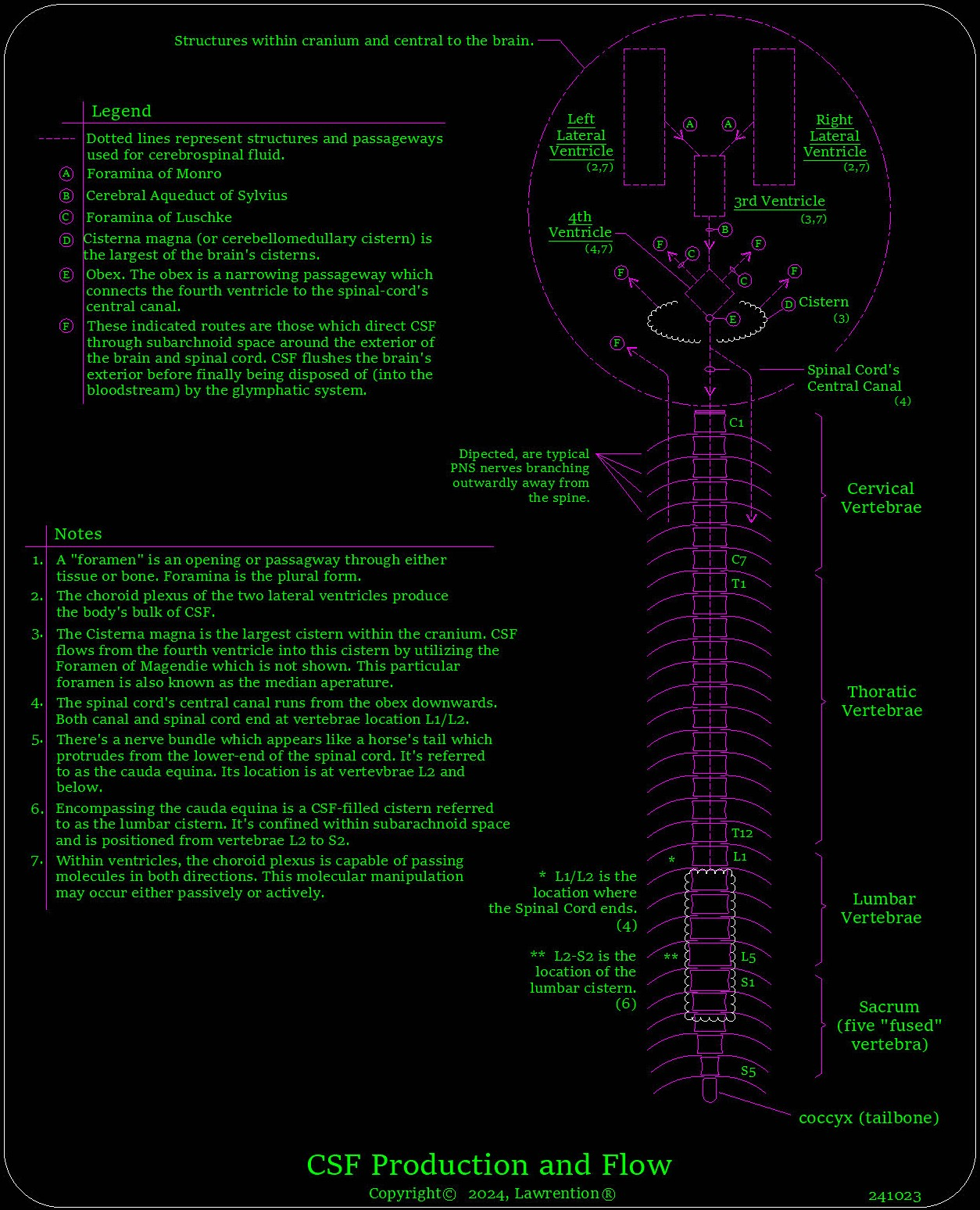Consciousness Concepts
(module 1.2)
| 🇨🇦 | 🕆 | 🇨🇦 | 🕆 | 🇨🇦 | 🕆 | L🇨🇦 |
The Consciousness Problem
The conundrum as to how consciousness came to be, is not an easy one to understand by any means. Certainly, it’s understood that many of its sub-topics are now ripe for debate.
Although our online modules are essentially university-level courses when it comes to the scientific concept of consciousness… compared to most other sciences which mankind has embarked upon - we’re still at the analogous stage of a newborn baby.
The purpose of this particular module is a modest attempt to expand your mind. We will begin with certain principles which are mostly philosophical in nature, and then move on to certain tangible aspects. Further into the course, we arrive at the crux of the matter - which falls under the realm of particle physics.
Going forward, we will now begin with two popular talking-points related to this mystery of consciousness. These are “panpsychism” and the “hard-problem of consciousness”. Note that however you decide to approach this mysterious topic of consciousness, there’s likely a number of others who’ve had a similar approach.
Panpsychism
Panpsychism is a theory which originated from the ancient-Greek philosophers. This theory is derived from two Greek words: pan and psyche. Pan meaning all or everything, and psyche meaning soul, or mind. There are many different theories under the umbrella of panpsychism, as its scope is quite broad in nature.
In simple terms, panpsychism is the theory in which there is a soul or mind within everything in the universe. In other words, within all forms of matter there’s a certain level of consciousness. Now, how exactly each of these conscious forms are interconnected is up to one’s own interpretation.
The online Wikipedia-page on panpsychism provides us with an alternative ancient-meaning for the word psyche. It can also mean “life-breath”. Being an ancient term, it's eerily similar to the phrase “breath of life” within the biblical book of Genesis.
Panpsychism skirts the question as to how consciousness evolved and merely states that it’s a fundamental characteristic of all physical matter. Hence, the exact amount of consciousness within varied forms of matter can always be debated.
The Hard-Problem of Consciousness
The hard-problem of consciousness is somewhat of a misnomer, as there aren’t many easy problems when it comes to understanding consciousness and self-awareness.
I currently gather that “easy problems” regarding consciousness, are those that might be explained through known biological constructs within the human body. Consequently, “easy” problems are ones which can be analyzed through the brain’s nerve impulses and determine which areas of the brain are responsible for certain functions. These certain functions might be those such as motor-control, short-term memory, and vision.
The hard-problem of consciousness is directed more towards one’s personal experience, and poses questions like: Why do we feel pain and emotions? From my impression, this hard-problem of consciousness is an attempt to understand the spiritual-realm through the lens of science.
We will now venture into a brave new world that’s not normally discussed under the grand topic of consciousness.
Plurality Of Consciousness
What is little understood, is likely the most basic of all consciousness concepts… plurality. Believe it or not, inside each of us we have a plural arrangement of consciousness.
A great example of this plurality occurs when we have a difficult time making a decision. If our conscious mind worked like a computer that merely manipulated binary ones and zero's, it wouldn’t take but more than a moment to retrieve either a yes or no answer. On the contrary, it often it takes us minutes, days, or even months to make a decision.
Another example of this plurality occurs the moment we wake up in the morning. As we wake from a deep sleep, our mind informs us that we should immediately get up, but our body just doesn’t want to listen. In effect, this is our spiritual-will wresting against the will of our body.
For discussion purposes, in order to differentiate our internal-self that we typically identify with, against any other potential internal-identities - let’s refer to the prior as our “primary conscious identity”, or PCI for short.
Our PCI is the identity that brings forth an action that purposely sets our body into motion. In other words, it’s the identity located within our skull, that's in full control of our nervous system. It's also the identity which controls our feelings and emotions. A common word that might characterize our PCI is our “soul”.
Now, we may assume that we take all of our cues from the PCI during our daily activities; however, at certain times we might also listen to a non-PCI identity as well. For any of these potential non-PCI identities, let’s refer to them as “subordinate conscious identities”, or SCIs for short. SCIs are subordinate in the sense that they influence us only if we allow them to do so. Physically envision them as being located about the periphery of our PCI.
This plurality-of-conscious concept, aids to explain why certain people are plagued with physiological disorders like schizophrenia. Perhaps this plurality also applies to those who experience bi-polar conditions and drastic mood swings.
The following passage is referring to the Body of Christ having many parts, and all function together within Christ. But, does this also not directly infer to what may be occurring within our body, since our body is controlled by one spirit (PCI)? In either case, it certainly gets you thinking.
1st Corinthians 12, NIV: (12) Just as a body, though one, has many parts, but all its many parts form one body, so it is with Christ. (13) For we were all baptized by one Spirit so as to form one body—whether Jews or Gentiles, slave or free—and we were all given the one Spirit to drink. (14) Even so the body is not made up of one part but of many.
(15) Now if the foot should say, “Because I am not a hand, I do not belong to the body,” it would not for that reason stop being part of the body. (16) And if the ear should say, “Because I am not an eye, I do not belong to the body,” it would not for that reason stop being part of the body. (17) If the whole body were an eye, where would the sense of hearing be? If the whole body were an ear, where would the sense of smell be? (18) But in fact God has placed the parts in the body, every one of them, just as he wanted them to be. (19) If they were all one part, where would the body be? (20) As it is, there are many parts, but one body. ....
Presentation Of Our Environment
Another important concept to consider regarding consciousness, is the fact that our environment is continuously being presented to us. Our creator ensured that this is so.
Could you imagine if our sensory environment suddenly stopped and we had to wait for it to restart? It would be irritating to say the least. I imagine it would be similar to watching a movie being streamed that periodically freezes and then restarts.
Everything that is presented to our consciousness mind is comparatively faster than the speed in which it takes to process our thoughts. Of course, the information which arrives to us the quickest comes in the form of light. Any sounds which we hear are comparatively slower.
Dependent upon atmospheric conditions, for round numbers - the speed of light is approximately 875,000 times faster than the speed of sound. So, the greater the distance we are from an object that we can sense through both sight and sound… the greater the disconnect is within our mind, between what we see and what we hear.
Our mind does work extremely fast, yes; but if we compare its mechanics to the speed of light and sound - it needs to be relatively slow. It’s this slowing effect that allows us to achieve consciousness. Otherwise, we’re back to watching a movie that continually starts and stops.
I understand from the Lord that all of the information we receive from our senses rushes in like a flood. This information needs to be quickly sorted and pigeon-holed, in order to remain ahead of our conscious self. Our PCI continually retrieves information from the brain’s same physical location. Similar perhaps to a NASCAR driver who continually looks for signals from their pit crew as they buzz around the track.
Sub-Routines
I’ve inserted this topic merely for discussion, as it is a way of comparing our conscious mind to that of basic computer technology. It seems quite obvious, that in certain cases our mind works similar to that of a computer, and in other cases... not so much.
Conventionally speaking, computers have a single primary program (routine) that runs in a continual loop. Computers always scan a program starting at its beginning, and then perform instruction after instruction in consecutive order. Once the end of the program is reached, the computer immediately returns to the beginning of the program and scans through it once again. If left undisturbed, the computer continuously scans a program as it performs its designed functions - and never stops.
Computers also have secondary programs called subroutines. Depending upon certain signals a computer receives as inputs from the outside world, the primary computer-program determines if and when a subroutine gets accessed. Subroutines are typically initiated by external stimuli and used only when required.
A primary computer program and its associated subroutines is perhaps analogous to what occurs within our brain. The brain’s primary program is our PCI, and its various subroutines are its SCIs (subordinate conscious identities). If an appropriate external-stimuli condition is met, such as seeing a bright shiny object for example – then a predetermined SCI is initiated to facilitate an adequate response.
Now, in contrast to the preceding statements, how our PCI interacts with one of its SCIs can be very different from that of a computer. This is due to the fact that at certain times - SCIs can have a mind of their own, and override a PCI's original intent. Normally SCIs cooperate with our PCI, but there is no guarantee. In certain instances, SCIs can go rogue.
We will end this topic with one final scenario. Our PCI could send a difficult problem to an SCI for processing and not expect an immediate response. This scenario could occur when we’ve had a difficult time finding a solution to a problem or issue. This problem may get resolved fairly quickly (within seconds), or it may take either days or weeks for a decision to bubble to the surface. Occasionally, our PCI will forget that it’s even sent an SCI a task, as it could be a week or so when an answer suddenly pops into our head.
It seems reasonable to state that our PCI does not necessarily specify how long it should take for an SCI to return an answer. It can merely offload a particular task and carry on its business.
Developing Our Primary Conscious Identity
Prior to ever being born, our body develops and grows within our mother's womb. After birth, we continue to physically develop as a baby, onward through puberty, and eventually mature into who we are today. Just as our body develops through these varying stages - as does our mind.
Due to our brain's plasticity and our ever-changing environment, our PCI develops over quite a long span of time. Learning to direct our PCI is like steering a huge cargo-ship through a set of narrow locks with a slow-responsive rudder. If we attempt to maneuver too quickly in any one direction, it sends us crashing into one of the lock’s walls. For many of us, it takes our whole lives to perfect the skill of "steady as she goes".
What Constitutes a Conscious Entity?
I cannot emphatically state the minimal requirements for a conscious entity, but I do have a few thoughts on the matter. I surmise that for any conscious entity to exist, it has to have at least the following characteristics.
- A viable memory.
- A way of receiving information and stimuli from outside of its perceivable border.
- A way of reacting to external stimuli. This reaction can be either internal or external to the entity in question.
- A method of comparing and analyzing external stimuli against a prior memory.
This characteristic of viable memory was placed first in the list for a reason. In order to comprehend a new experience, a person would’ve had to experience something quite similar to it before hand. If the previous similar experience never occurred, or if one just can’t recall this prior experience – then there would be nothing to compare a new experience to.
Even when doing something simple like looking at a blade of green grass, you wouldn’t even recognize its colour unless you’d seen it before. Without one’s memory to reflect upon, we would have a continuous blank stare and not be able to recognize or respond to anything.
This idea of memory having to come first, lines up nicely with the physical phenomenon of magnetism. Consider that our computer’s memory utilizes this phenomenon to set binary ones and zeroes on a hard-drive. Hence, we might consider magnetism as a physical starting-point for consciousness, and a basis for the intelligent spiritual world. I believe that others have also came to this same conclusion, it’s not a unique concept.



